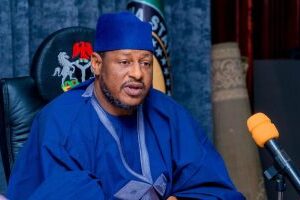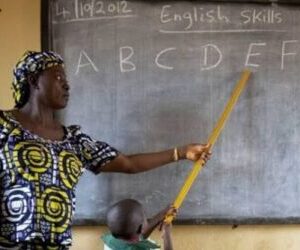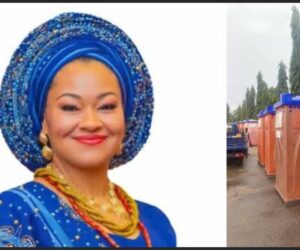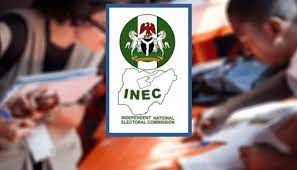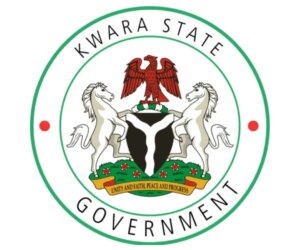A new initiative to strengthen the role of journalists in preventing and countering violent extremism has been launched in Abuja, with stakeholders urging the media to adopt conflict-sensitive reporting and avoid sensationalism that could fuel insecurity.
The platform, known as the Media in Preventing and Countering Violent Extremism (MAVE) Network, was unveiled at a two-day capacity building and roundtable dialogue organised by the Partnership Against Violent Extremism (PAVE) in collaboration with the Office of the National Security Adviser and ActionAid Nigeria, with support from the Global Community Engagement and Resilience Fund (GCERF).
Chairman of PAVE’s Steering Committee, Jaye Gaskia, said Nigeria’s fight against extremism required a “whole-of-society” approach in which the media occupies a central place.
“Narratives shape behaviour, and responsible, conflict-sensitive journalism is essential to prevention, de-escalation and reintegration. The way we tell our national story matters. If we consistently choose sensationalism, we deepen divides and amplify fear. But if we elevate voices of resilience and highlight peace initiatives, we can help build a more peaceful Nigeria,” he said.
He explained that PAVE is pursuing a three-track strategy: co-creating State and Local Action Plans on PCVE, operationalising a Knowledge, Innovation and Resource Hub, and institutionalising media engagement through the new MAVE Network. “The media is not just a channel of information; it is a force that can either build resilience or inflame divisions. Through MAVE, we want to ensure that media professionals have the training, resources and networks to report in a way that promotes peace, cohesion and understanding,” he added.
Gaskia, who also chairs the PCVE Knowledge, Innovation and Resource Hub, said Nigeria’s experience over the last 15 years had shown that government efforts alone could not stem extremist threats. “No single actor—whether government, civil society, community or the private sector—can do it alone,” he stressed.
GCERF National Coordinator, Yetunde Adegoke, said her organisation has supported community-level PCVE interventions in Nigeria since 2016, with lessons showing that grassroots solutions were most effective.
“As donors, we can only ever be catalysts. What we are really looking forward to is catalysing a very sustainable way of preventing violent extremism and building resilient communities. That is essentially what GCERF is about,” she said.
She explained that while pilot projects had yielded results, the focus was now on long-term sustainability.
“We cannot continue with just project-based approaches. That is why we are investing in the PAVE Network. It is intended to work with communities across the six geopolitical zones to design their own solutions. We should not be planning to be here forever. The question is: how do we create something sustainable that will grow and continue beyond our funding? He said.
Delivering a goodwill message, ActionAid Nigeria cautioned that journalists must consciously avoid reporting that stigmatises regions or peoples. Project Coordinator Aliyu Adamu, who represented Country Director Andrew Mamedu, said wrong portrayals could reinforce dangerous stereotypes. “I have never been to Maiduguri, but years ago, because of the way the media projected the city, I felt everywhere in Maiduguri was consumed by violence. That is how powerful the media is—it can shape perceptions, whether accurate or not,” he said.
Adamu urged journalists to project solutions, amplify peacebuilding efforts and encourage social cohesion. “Across the world, some countries are unfairly judged as unsafe because of the way they are reported in the media,” he added.
Security analyst Senator Ireogbu also described MAVE as “the beginning of a movement to create a media-aware environment, one that promotes solidarity and strengthens the role of the media in countering violent narratives,” stressing that PCVE is distinct from counter-terrorism operations.
Organisers said the event combined visibility with practical training. Day One featured the flag-off ceremony, goodwill messages, a press conference and a dialogue introducing Nigeria’s Policy Framework and National Action Plan on PCVE. Day Two was dedicated to training sessions on conflict-sensitive journalism, a media stakeholders’ roundtable any time strategy discussions for follow-up action.


